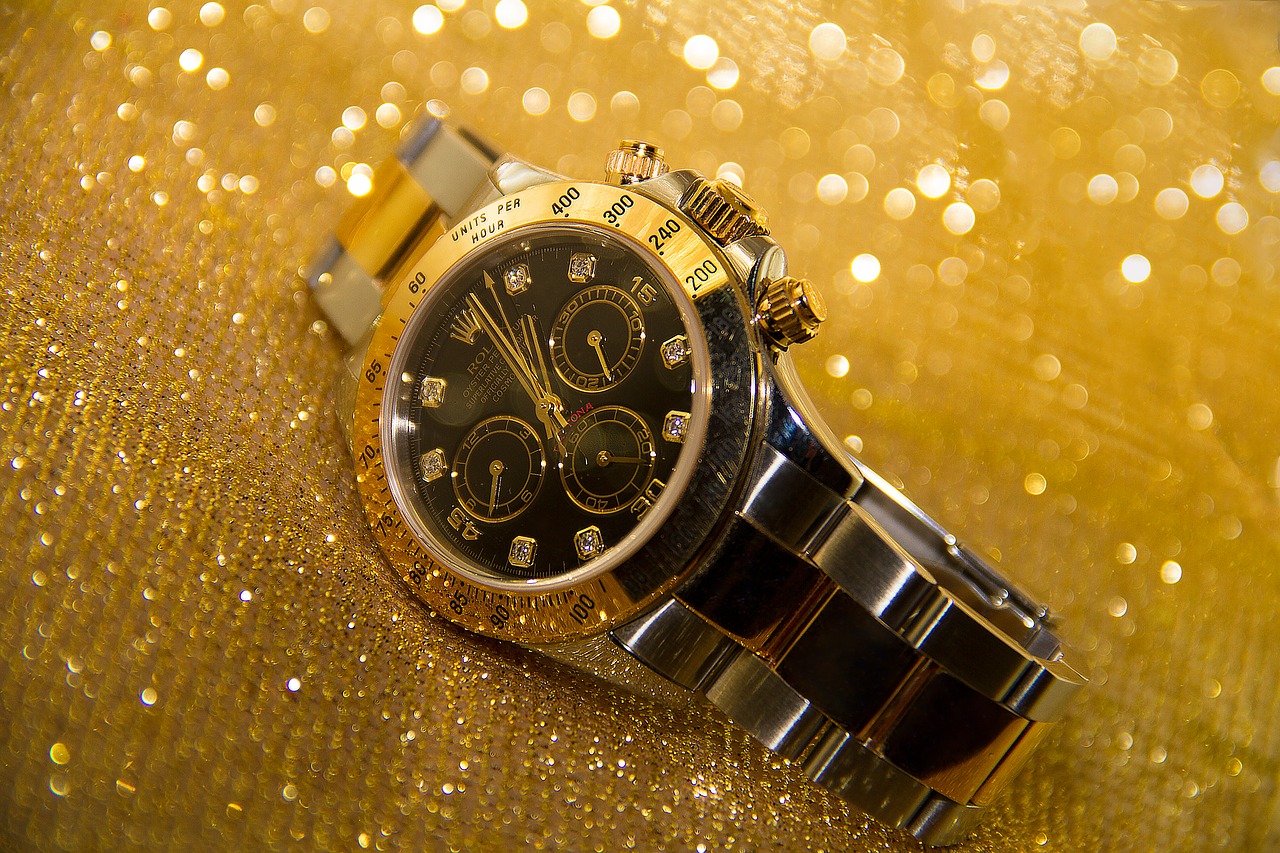The reason that I’m writing you here – and not, say, working at a bank anymore – is pretty straightforward.
It’s a Rolex watch.

I worked in finance for about 20 years. I started, fresh out of graduate school, on the bustling trading floor of a Wall Street investment bank. I did my time in a windowless office cave – it was called the “analyst pit” for good reason – in corporate finance. A few years later, I helped build a stock market in a small country in Central Asia. After that, I moved to Moscow and became an investment banking stock analyst and research director, at three different banks. And later, I ran a hedge fund.
But I left it all behind.
One of the reasons I chose to hang up my banking suit
A number of years ago, a colleague of mine who I’ll call Alex and I were on an airplane en route to the next leg of a long marketing road show that was taking us to half a dozen cities in Europe. Alex was in charge of sales at the bank where we were working. So he was always on the phone, or visiting, his big mutual fund or hedge fund customers, peddling our bank’s services to them.
A few glasses of wine in, and Alex was talking about the two things that (in my experience) fascinate bankers the most: Themselves and money.
In his self-aggrandising monologue, he touched on Moscow real estate (“It’s headed for a bust, I tell you”), money (“Everyone I know is a millionaire. Whatever happened to the value of a million dollars?”) and women (unprintable but you can imagine). Alex had emigrated to the west as a young man from one of the most downtrodden Soviet republics. Years later, armed with a western education and a thin layer of polish, he went to Russia to work in finance and (he hoped) make his fortune.
After talking for a while — I was an audience but not a participant — Alex leaned towards me. The business class aisle separated us but I could still smell his Burgundy breath. Out of nowhere, he said, “You know, it’s silly, but I really like this watch,” fingering the Rolex on his wrist.
Thanks to the ubiquity of Rolex ads in Moscow at the time, at least I knew the brand. But heavy, loud watches and similar shows of wealth that screamed “look at how much money I have” were about as interesting to me as the cold congealed airplane food on the tray in front of me. I have plenty of expensive vices, but watches isn’t one of them.
Alex continued. “I like Rolexes because I kind of trust anyone else who wears a Rolex just a little bit more. I think that people who wear Rolexes… we’re kind of in a special club.”
“Like that guy, you know, Max, who works for [he named an analyst at a competing bank], he wears one. And I don’t know him well, but I just, I like him. We had a meeting together a few weeks ago, and I felt like we had this bond, because he had a Rolex too.”
Experiencing an unspoken special connection with someone because of the watch he wears was pretty shallow – even by pretentious Moscow and banking standards of the time. I swallowed what would have been a loud laugh — I couldn’t laugh in the face of a colleague — and asked him why anything worn around the wrist made someone more trustworthy.
He shrugged, laughed and poured himself another glass. “I don’t know why, I just do.”
I’ve always believed that there are lots of smart, thoughtful people who work in banking and finance. And out of the 800,000 Rolexes sold per year, plenty of those watch owners don’t believe that they’re part of a club, and don’t use it as an emotional crutch. And don’t get me wrong… even though they’re not for me, Rolexes are beautiful timepieces.
But sometimes a single, isolated event or interaction, that at the time seems inconsequential, can have an outsized impact. In the following weeks and months, I mulled over our Rolex conversation in the sky. It made me realise that I was spending my days with too many shallow, self-centred, empty people who, well, were just like Alex and needed a timepiece to feel better about themselves…
Just like the cliché that “you are what you eat,” I believe that you become like the people you’re around… and I didn’t want to become someone like Alex. I like money as much as the next guy, but to me it’s a means to an end. And the potential cost wasn’t worth it.
That was one of the reasons that I left the banking world… and why I’ll never go back. I find that I have a lot more in common with the people I work with today, and with you (Rolex owners included!).
Alex might still be rubbing shoulders with his trustworthy Rolex buddies. Me? I wear a Fitbit, a status-free fitness tracker, and I’m very happy with it.

